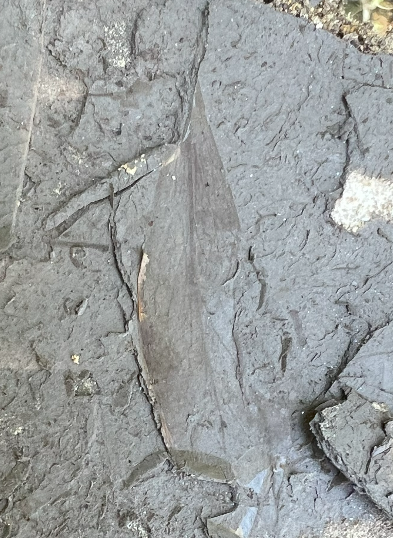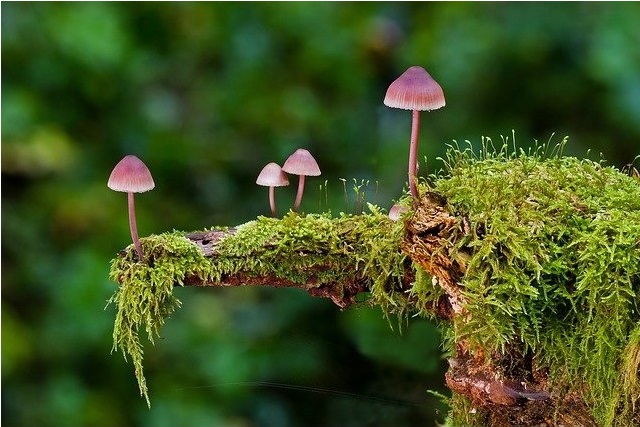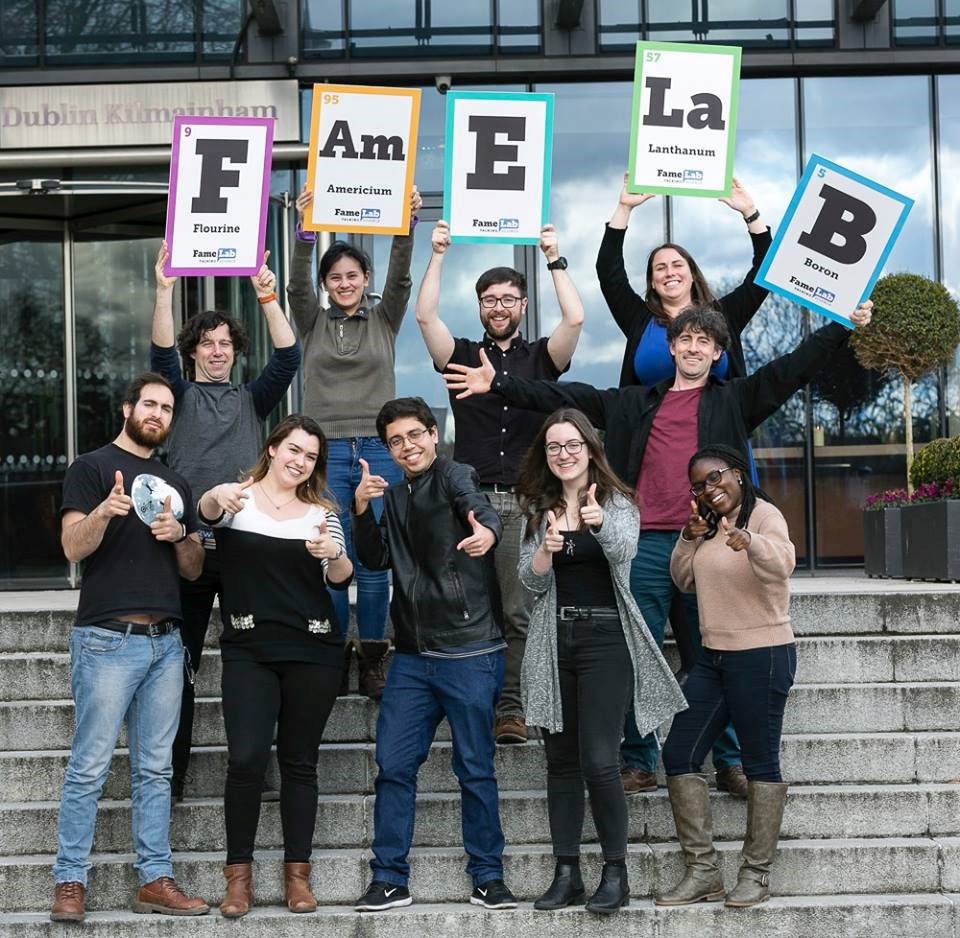Sometimes you get to travel for your PhD and last week was one of those times for me. This last week I was in France doing fieldwork with my colleague Antonietta Knetge, her co-supervisor Bernard Gomez, and his PhD student Axel Montigny. The purpose of this trip was to collect fossil specimens from Cretaceous localities around Poitiers, from the active quarries of Persac to the beaches of Ile d’Oleron.

This trip, like all trips, was a learning experience. And everyone loves a list so today we’re counting down the Top 5 things I learned during fieldwork last week.
5. Gear isn’t everything, but it does make a difference
You don’t need to be decked out in Arc’teryx and have the latest in ~geological hammer technology~.
However – a solid pair of boots and access to proper tools will absolutely make a difference.
4. Finding Good Rocks is Good Pt.1
The debate of “Good Rock vs Good Stick” has been ongoing for as long as hominids have had the capacity to debate (citation needed). It can be argued that a good stick is more versatile than a good rock, however, in the presence of a large body of water, a Good Rock reigns supreme.
Quarries, especially inactive ones, are usually home to small lakes. And paleontological excavations are known to produce some quantities of big rocks, especially if you’re trying to uncover a specific level. The conditions were perfect.
If you ever need to raise morale on a dig, Good Rock Thrown Into Lake is sure to do the trick.

3. Wear sunscreen but most importantly cover yourself
The first time I ever did fieldwork, it was an afternoon in mid-June in Lisbon on a southwest facing cliff. This is to say, it was very very hot and there was no shade whatsoever. I wore a tank top and sunscreen but got a peeling sunburn the shape of the top on my back. This is not ideal.
This time, I wore longer sleeves when the weather permitted and always had my shoulders covered. Spent the whole week in the sun, only got a little pink in the forearms the first day. I know it’s obvious, but it really can’t be stressed enough.
2. Nutrition
This is another obvious one but bear with me. Watchers of Dungeon Meshi will be familiar with the importance of balanced, tasty, and warm meals to keep your body healthy and yourself happy, but it really cannot be stressed how much eating well (and enough) will affect your mood.
Making sure you’re getting enough water (and also electrolytes!) and enough carbs/protein/fats will keep your eyes and mind sharp and keep you motivated throughout the day.
Not enough praise can be said for a hearty, warm meal after a hard day’s work.
1. Finding Good Rocks is Good Pt.2
Doing desk work and data analysis is all well and good but nothing beats the rush of cracking open a hunk of clay and finding a perfectly preserved leaf. Venations visible, margins intact, petiole and everything. Effervescent.







